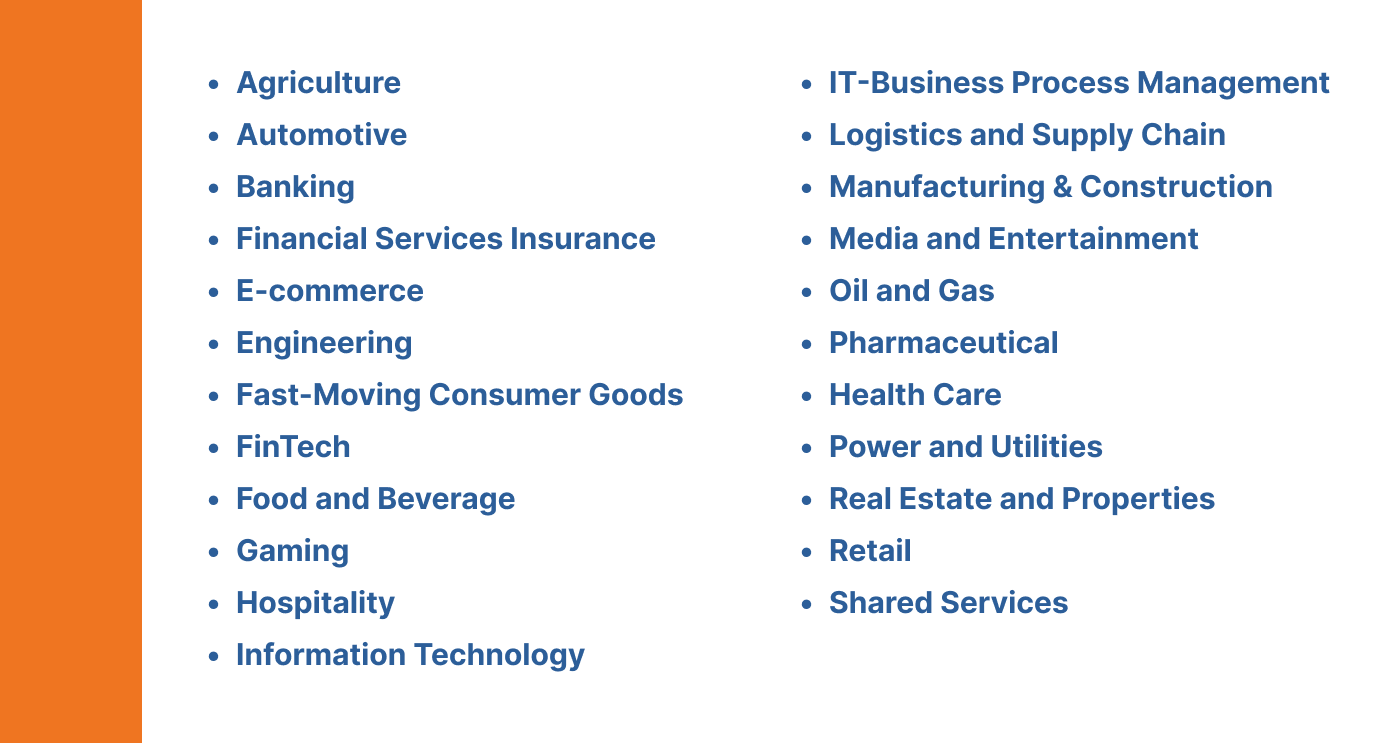Are common resume mistakes keeping you from your dream job? Learn how to avoid these pitfalls and create a standout resume that catches employers’ attention.
In the competitive job market, your resume serves as your first impression to potential employers. It’s your opportunity to highlight your skills, experiences, and unique value proposition. However, many job seekers unknowingly make mistakes that can diminish their chances of landing an interview. Whether you’re a seasoned professional or entering the workforce for the first time, it’s crucial to understand these common resume errors. In this article, we’ll outline seven common resume mistakes to avoid and provide actionable tips for crafting a compelling resume. By following these insights, you can enhance your job application and increase your chances of securing your next career opportunity. Let’s get started.
1. Adding a Vague Objective for your Resume
One of the common resume mistakes is using a vague objective statement. Instead of saying “Seeking a challenging position,” tailor it to the job. For example, “Experienced marketer seeking to boost online presence for XYZ Company.” Do a little homework on the company’s mission and goals, and craft an objective that highlights your career aspirations and how they mesh with their objectives. This way, you not only show that you’ve done your research but also make it clear that you’re not just looking for any job—you’re excited about this opportunity!
2. Avoid Irrelevant Work Experience
Sure, you’ve done a bit of everything, but don’t clutter your resume with unrelated roles. Focus on the jobs that matter most to the position you’re eyeing. If you interned in marketing but also have retail gigs, let that internship experience shine. Include measurable results to showcase the impact of your work (e.g., “increased LinkedIn engagement rate by 25%”) and prioritize skills that align with the job description (e.g., “researched competitors or market trends”). For extra filler, add a section for “Additional Experience” or volunteer work.
3. Enumerating Unrelated Skills
Listing irrelevant skills on your resume is like bringing a toaster to a camping trip – sure, it’s useful somewhere, but it doesn’t quite fit the setting. Including skills that don’t align with the job you’re applying for can distract hiring managers and even dilute the impact of the relevant experience you do have.
Focus instead on showcasing skills that directly relate to the role, so your application stands out as a perfect match rather than a random collection of talents. Tailoring your skills helps you present yourself as the best candidate for this job, not just any job.
4. Over-Customizing your Resume
Over-customizing your resume can feel a bit like trying to find the perfect outfit for every occasion – it can take forever. While it’s great to customize your application, spending too much time on tweaks can slow you down and leave you in a perpetual state of revision. Instead, take a strategic approach: analyze job postings in your field for recurring keywords and skills, then make those updates across your resume. This way, you save time while ensuring your resume remains relevant for similar roles.

5. Making Grammatical Errors or Formatting Mistakes
Making grammatical or formatting errors on your resume can create a negative impression, akin to attending a job interview inappropriately dressed. Such mistakes can detract from your qualifications and suggest a lack of attention to detail. It is essential to thoroughly proofread your resume and ensure consistency in formatting, font sizes, and bullet points. Consider enlisting the help of a colleague or utilizing grammar-checking tools to identify any overlooked errors. A polished, error-free resume reflects professionalism.
6. Keep the Design Simple
While it might be tempting to use fancy fonts and elaborate designs to stand out, it’s best to keep your layout clean and straightforward. Recruiters and applicant tracking systems (ATS) appreciate resumes that are easy to scan, so stick with clear formatting and basic fonts. A well-organized, one-page resume can convey your experience more powerfully than any flashy visuals ever could. Remember, it’s not about the design; it’s about delivering the goods.

7. Using an Unprofessional Email Address
When it comes to job applications, your email address is the digital handshake that greets potential employers. Your resume merits a more professional option, ideally incorporating your first and last name. Rename your resume file to something distinctive, such as “First Name_Last Name_Resume.pdf,” to ensure it catches the recruiter’s attention in their inbox.
Don’t let common mistakes keep you from your dream job! For more helpful tips on creating a professional resume that catches the eye of HR recruiters, check out our complete guide here: How to Make a Pro Resume that HR Recruiters Will Notice







